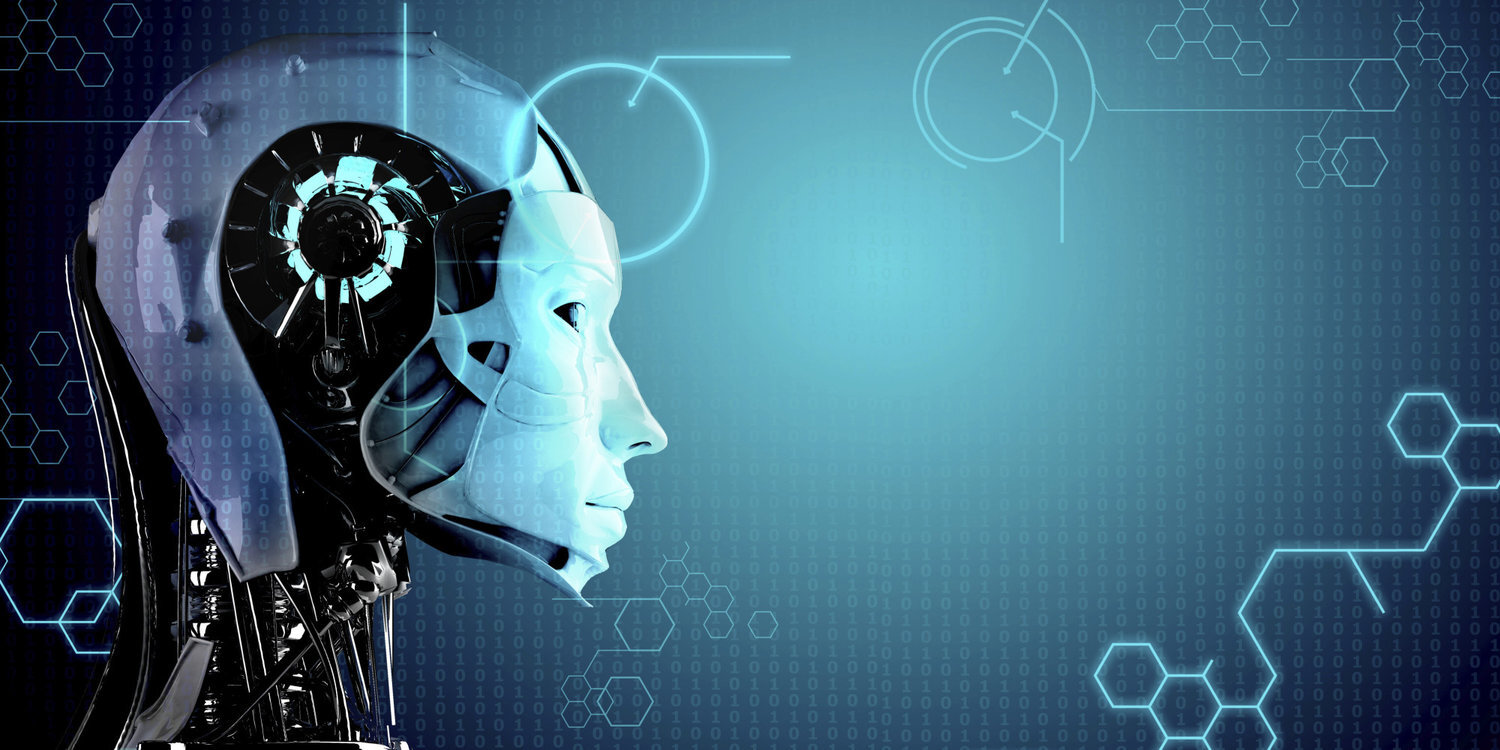Artificial Intelligence and its Pivotal Effect
Written by Chelsea Virga
The Terminator. Robocop. While society is usually exposed to artificial intelligence as the basis for cinematic plotlines, innovations in modern technology are driving robotic engineering to far more practical everyday applications. According to McKinsey, technology firms such as Google and Baidu spent around $20-30 billion in 2017 investing in the research and development or acquisition of firms related to artificial intelligence. This investment is primarily for machine-learning technology, which will enable software to self-improve without manually programmed upgrades. Automation of logistics involved with manufacturing, shipping and delivery will be an innovative resolution to the complex and often daunting process of supply chain management. Below are the main aspects in which artificial intelligence (AI) will play a particularly impactful role.
Streamlining Compliance and Administrative Responsibilities
While firms often benefit from growing due to economies of scales, they are often hindered by the additional bureaucratic and legal responsibilities accompanied by greater capital outlay and output delivery. Businesses must usually devote around 6,500 hours to processing paperwork, replies and fixing incorrect purchase orders to suppliers. Machine learning technology (ML) has recently reached the capacity to self-sufficiently send legal documents to suppliers, as well as process and document purchasing orders; this boosts management’s capacity to tackle more priority company tasks.
Efficient Inventory Forecasting
With sufficient storage of historical data from past transactions and company operations, AI has the capability to hold enough supply and demand data to forecast optimal inventory quantities. Best and worst-case scenario analysis can be conducted to anticipate the least favorable outcomes. It can address risks stemming from trends like consistently cyclical sales or increasing prices factors of production. During 2016, 570,000 additional workers were hired during the holiday season to the uptick in demand. Seasonal firms like costume or flower shops exposed to inconsistent sales can utilize such technology to reduce risks from such cash flow volatility.
Active Monitoring of Resources
In terms of manufacturing, AI can detect when capital needs to be maintained, upgraded, or replaced. AI has also been utilized in monitoring resources in more non-conventional applications such as the agricultural industry. A Georgia rural farm owner uses “real-time cattle analytics” to track miniscule livestock movements that can indicate health issues, dietary needs, or reproductive action. This is undoubtedly a more calculated and scientific practice than the traditional intimate and intuition-based relationship pictured between farmer and his farm animals. The technology provides predictive insights that can prevent the worsening of health conditions and deliver estimates for quantity of milk production.
Respective Risks
It is important to address both the positive as well as the negative long-term effects artificial intelligence will have on the current industrials sector. Other than generating improved productivity and increased potential output, such automation may have a detrimental impact in its reduction in employment opportunities for humans. McKinsey research has already estimated job losses as the result of the introduction of AI technology to be at 5%. Another key risk will be increased corporate exposure to security breaches and hacking risks, which is uncharted territory for many of the industries that will use this computerization to aid their supply chain. It is also crucial to note that while AI mechanization has been developing rapidly, meaningful application of this technology can only occur under meticulous execution. Relevant and inclusive firm data, network-wide and scalable operations, as well as complex decision making algorithms are all critical components to implementation.
Artificial intelligence will create a pivotal impact on industrialization, with such increased usage of automated technology bringing along its own unexplored benefits and drawbacks. Google CEO Sundar Pichai recently stated the artificial intelligence revolution is “more profound than electricity or fire;” In conclusion, our future generations may just look at our era’s disposition towards manual decision-making processes and human management in the same light we imagine our predecessors scribbling by candlelight.

